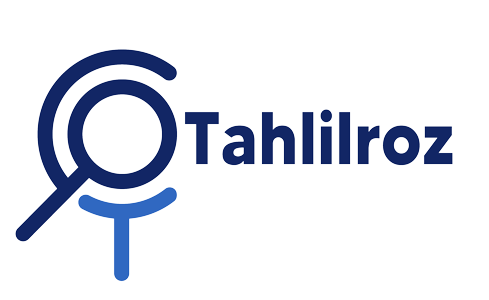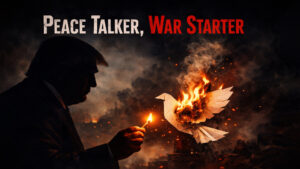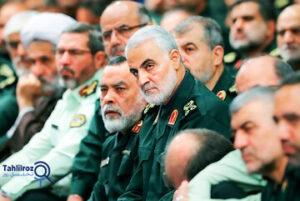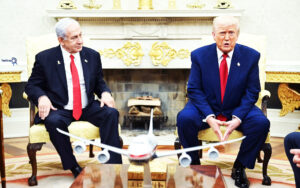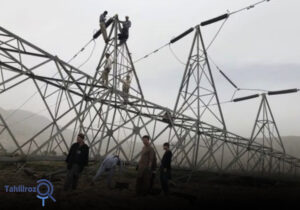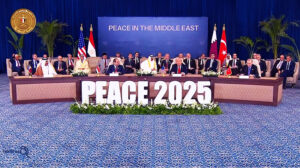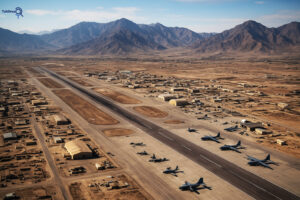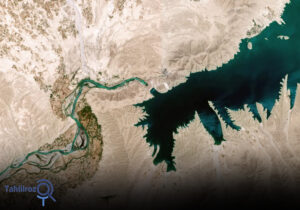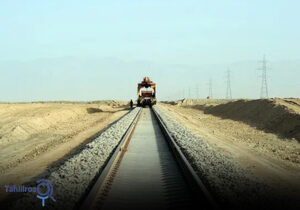On the second anniversary of the fall of Afghanistan Republic and the Taliban regaining power, many articles and analyzes have been written by Afghan writers, especially young people, most of which written by elites.
Analyzes have scrutinized the factors of the fall of Afghanistan Republic and have carved out many causes and factors for it. But it should not be forgotten that all factors must be looked at carefully and equally.
Factors of the fall of Afghanistan Republic: Ashraf Ghani; the leading role
Undoubtedly, Ashraf Ghani was one of the figures who displayed the worst and most failed governance and saw political rivals as enemies. In the framework of a monopoly government, Ghani excluded others and left the power in the monopoly of a small ethnic group, and many tragedies started from there.
Inexperienced generals were appointed by Ghani at the head of the system, who had no experience of war and how to defeat the enemy.
Ashraf Ghani nationalized economic projects and considered the use of public treasury only permissible for himself and if others used it properly and a budget was stolen by Ghani’s relatives, Ghani would accuse someone who was not affiliated with his small group. The case of Abdul Razaq Wahidi, the former Minister of Communications and Information Technology is a bare example. Wahidi was suspended from his post on January 2, 2017, based on allegations of nepotism, overpayments, illegally contracted workers, embezzlement, and misappropriation of tax revenue.
The stubbornness of Ashraf Ghani, who was also called the mastermind, and his lack of tact in governance weakened the foundations of the system, and his excessive dependence on the White House made the republican system collapsed.

Political leaders and contribution in the fall of Afghanistan Republic
Maybe it’s better to tell a memory in this regard. When the political leaders including Mohammad Mohaghegh, Atta Mohammad Noor, Karzai and other figures had met with the Taliban officials in Moscow, I arranged an interview with Mr. Mohaghegh after they returned.
The interview started and based on my knowledge of him in front of the reporters, I started the questions outside of politics, and when I got to the political discussion and asked about his meeting and conclusions about peace with the Taliban, he answered frankly that the Taliban will never make peace.
This answer is still in my mind until today, when Mohaghegh and others understood that the Taliban would not make peace, why did they remain silent and give the people false hope?!
The civil wars were the darkest days in the history of Afghanistan in which these political leaders were directly involved.
The last 3 years of Ashraf Ghani’s rule, the common political front consisting of all political figures who were dissatisfied with Ghani’s rise and fall, formed in order to maintain the system so that if a fall was going to happen, that fall would not be the fall of a system, but the fall of Ghani’s government.
On the other side was General Dostum, who repeatedly claimed the defeat of the Taliban, talked about his power and position between Uzbeks and Turks, but did nothing to form a powerful political organization.
The only thing these leaders did was to form a coalition to save Afghanistan, which was formed in Turkey, and a few Afghan politicians were present in it, and this prevented it from being an opposition organization or from being counted on by Ghani and his group.
In the last days of the fall, Mohaghegh, Atta and Dostum went to the north to fight against the Taliban, but a few bullets had not been fired before they left for Uzbekistan and other countries.
Ghani was the main cause of the fall of Afghanistan Republic, but political leaders’ contribution to this collapse was no less than Ghani’s, and the betrayal of political leaders cannot be justified with any speech or analysis.
They betrayed Afghanistan and the people of Afghanistan, and in the end, in the worst situation, they left the people alone and preferred to escape.
So, if we want to analyze and investigate the factors of the fall of Afghanistan Republic, this analysis should be realistic and truthful, not to make one look guilty and the other innocent because of ethnicity or group and party.

Taliban government and the solution
Although the arrival of the Taliban had and still has many circumstances, we should not forget that the Taliban are also a part of the Afghan people, who were ignored and excluded at the Bonn Conference by the United States.
The Taliban must be present in the political society of Afghanistan and as said, they are a part of this people, but not the representatives of all ethnic groups.
Therefore, it is better to pay attention to finding a solution in the analysis, speeches and theorizing that will lead to a real intra-Afghan dialogue so that everyone can sit around the same table, talk about the problems, and as a result, reach a real peace and unity, which is the main need of Afghanistan.
Some may say that the Taliban are not willing to negotiate or give others a share in the government.
The truth is that the Taliban are part of the Afghan people and they have to sit with others and form an all-inclusive government for the survival and durability of their government, otherwise there will be no survival and a fate similar to Ghani’s fate is not far from expected.

Mohmmad Ahmadi, is an Afghan Analyst
Translator: Mohsen Shahrafiee
